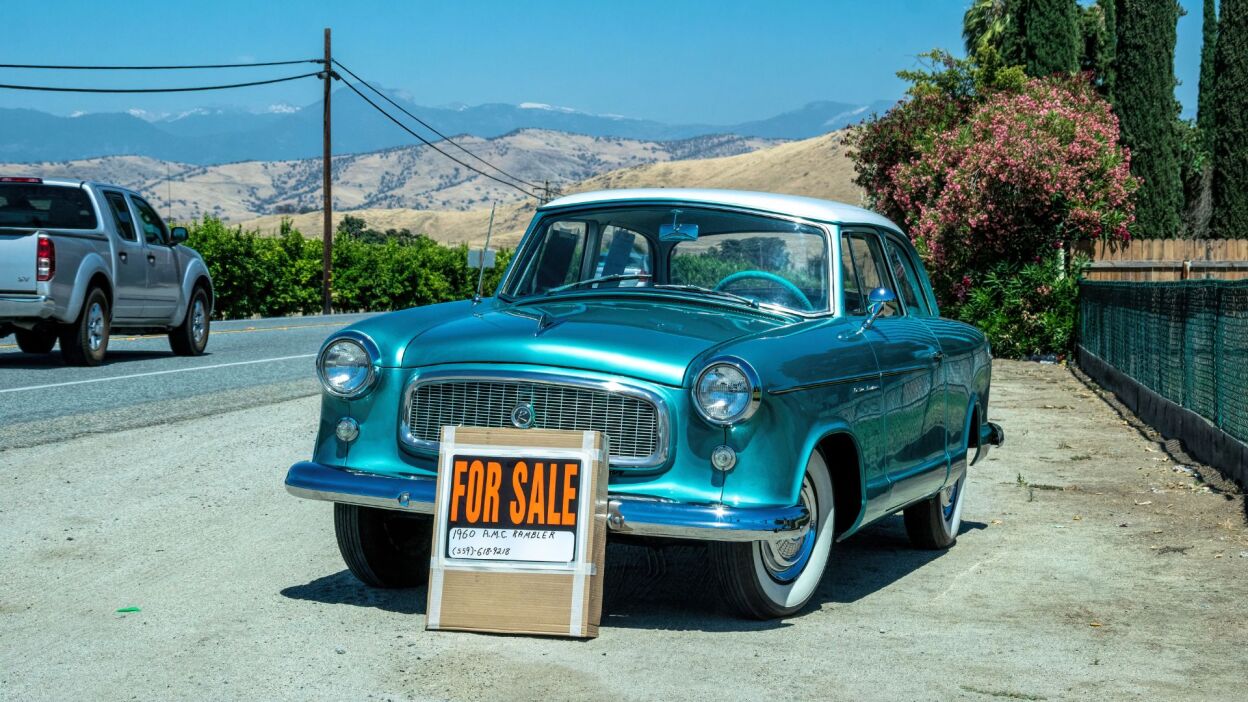When it comes time to sell your car, you obviously want to get the most money possible for it to invest in a new vehicle (or meet your other financial goals). Your job as the seller is to show prospective buyers that your car has been taken care of and is worth the price, which means making it look and feel both shiny and safe. This requires some preparation, and a tactical approach to the sale itself.
Here are fine ways to increase your car's selling price.
Clean it thoroughly
Prospective buyers won't want to shell out for a dirty or messy vehicle, so if you do nothing else, at least clean your car thoroughly to increase its curb appeal. A professional detail will probably increase the value, but also cut into your profits, so you may want to try DIY detailing first. At a minimum, you should remove trash and give your vehicle a thorough vacuum. Consider replacing the floor mats for a fresh look.
Get it serviced
Hopefully your car is already on a regular maintenance schedule—but pre-sale is a great time to get it inspected and serviced. Bare minimum, this means topping off fluids and replacing any failing lights or fuses. It's also good to fix any obvious damage, such as a broken windshield or a dent. New tires and brakes can also offer good ROI.
When it comes to major repairs, you'll have to determine whether the investment is worthwhile or if you should sell the car as-is. You may not recoup the cost, and forgoing the repair may not drop your car's value all that much. If you're not sure, get several trade-in offers before moving forward with repairs to compare your options.
Gather all your records
Depending on your sales strategy, you may get more for your car—or at least have more leverage—if you can show a complete service history through careful maintenance records. Don't toss documentation, and if you have already done so, you may be able to obtain copies from your mechanic or dealership. You can also request your vehicles Carfax record, which shows accident, service, and ownership history.
You will also need your car's title and, if it was purchased new, it can help to have the original sales paperwork to verify upsell features.
Understand your car's value
Before you head to a dealership or list your car for private sale, you'll want to know how much it's worth. There are several online tools for this, but Kelley Blue Book is a great place to start. Simply enter your vehicle identification number (VIN), make/model, or license plate to see trade-in and sale values for your car. You can also look at similar cars listed for sale on Cars.com for comparison.
Knowing your vehicle's value can help you in negotiations—and if you are going the private sale route, you may want to set the list price a bit higher to allow for haggling.
Pick the best sales strategy
There are a number of ways to offload your used car, from listing it on your local classifieds to trading it in at a dealership. Each has its pros and cons, and the best option depends largely on the type of vehicle you are selling. A recent Consumer Reports survey found that users had the best experiences with instant cash offers from companies like Carvana and the worst with dealer trade-ins.
Instant cash offers: Provide your license plate or VIN and some information about your car's condition to Carvana or CarMax and get an instant online offer. According to CR, this is best for low-mileage cars that are paid off, especially if you have complete service records.
Private sale: If you have a higher-mileage car that's paid off and has been well-maintained, you may get the best return selling to an individual via Facebook Marketplace, Craigslist, or Autotrader. This may involve some bargaining.
Dealer sale: Alternatively, you can sell your newer model used vehicle directly to a dealership even if you aren't buying another vehicle from them. This also works for cars that are in high demand and those worth less than their loan balance. You should compare offers at multiple dealerships.
Dealer trade-in: Finally, a trade-in can cut the cost of financing a new vehicle at a dealership, though you'll probably get less value for your car than you would in a private sale. But if you have a newer vehicle that you're still paying off, this may be a good option.
If you're not in a rush to sell, you may get the most money by being patient and willing to walk away from a deal.
